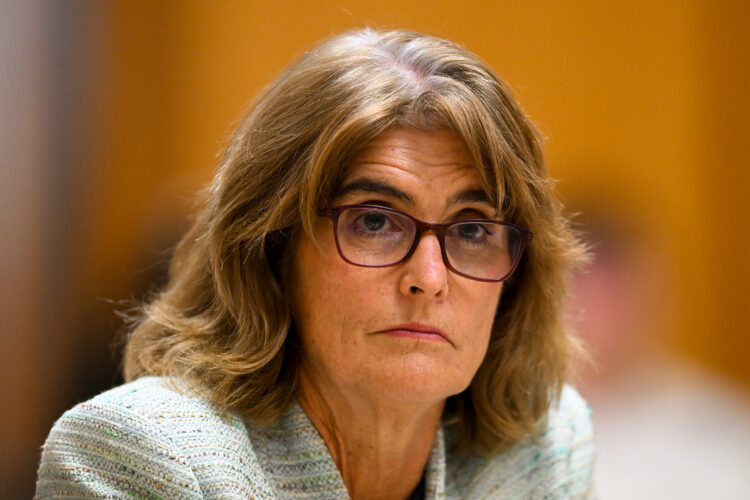RBA Governor warns – don’t get too comfortable
Michele Bullock continues:
The strength of the jobs market has been surprising.
Many indicators suggest the labour market is tight, and on some measures, tightening further.
While this is good news for job seekers, the board remains alert to the possibility that it is signalling a bit more strength in the economy, that could delay or stall the disinflation process.
There’s also a lot of uncertainty around the global outlook at the moment, one of the things we’re cautious about is the possibility that policy unpredictability could lead to slower growth. Today’s decision does not imply that further rate cuts along the lines suggested by the market are coming. We removed to cautionary increase we put in 2023 to a level that’s still restrictive.
The board needs more evidence that inflation is continuing to decline before making decisions about the future path of interest rates. The board is very alert to upside risks that could derail the deflationary process. I know some other central banks have cut interest rates quite sharply over the past year, but we have taken a different strategy to most. Our policy rate was not raised as much, as many countries overseas, we judged that while inflation expectations remained anchored, we could take a bit longer to bring it down to the target band, but keep unemployment lower. We can be half with the progress made, but careful not to get ahead of ourselves.

Loading form…